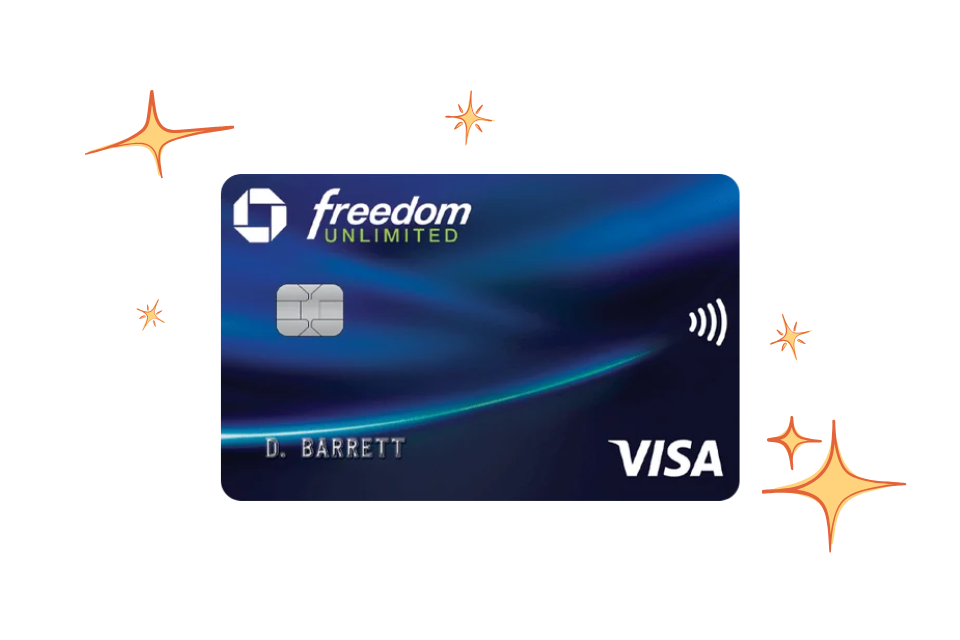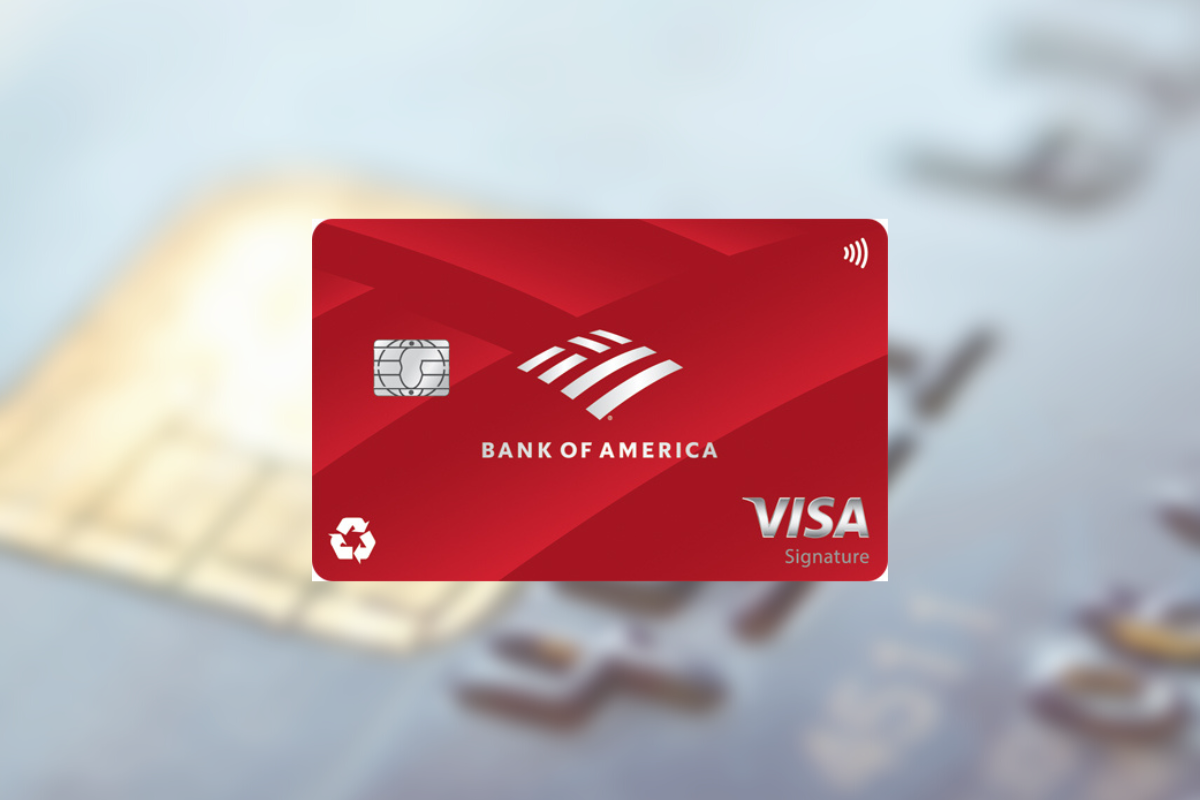How to Choose the Ideal Credit Card for Your Financial Profile

Exploring the Nuances of Credit Card Selection
Navigating the world of credit cards can indeed feel overwhelming due to the sheer number of options available. Each card caters to different financial circumstances and consumer behaviors, making it essential to understand how various factors influence your choice. By evaluating your financial profile, including credit score, spending habits, and individual needs, you can unlock a world of potential savings and rewards.
Understanding Your Spending Patterns
Your spending patterns serve as a cornerstone for choosing the most suitable credit card. Consider your lifestyle: Are you constantly on the go for work or leisure? If so, a travel rewards card might be ideal. For example, cards like the Chase Sapphire Preferred offer significant points for travel-related expenditures, which can be redeemed for flights and hotel stays, turning your everyday expenses into memorable experiences.
Conversely, if you find yourself purchasing groceries and household items frequently, a card that provides cash back on these purchases—such as the Blue Cash Preferred from American Express—could be more beneficial. It’s all about aligning your card’s rewards with your daily financial habits.
The Importance of Rewards Programs
Different credit cards feature various rewards programs. When selecting a card, take the time to analyze the benefits offered in categories where you spend the most. For instance, if you dine out frequently, a card like the Capital One SavorOne Rewards may offer substantial cash back at restaurants, eating out while earning rewards you can use later.
Moreover, some cards offer bonus rewards for signing up. These initial bonuses can sometimes outshine the long-term rewards. If you’re strategic, you can maximize these benefits based on planned expenditures and lifestyle choices.
Evaluating Fees and Interest Rates
Another critical aspect is the understanding of fees and interest rates. Many credit cards come with annual fees, which can range from zero to several hundred dollars. Evaluating whether the rewards and benefits of a card justify its fees is essential. Additionally, the Annual Percentage Rate (APR) can greatly impact your finances if you carry a balance month to month. Cards with lower interest rates or promotional offers can make a significant difference in total repayment costs.
The Role of Your Credit Score
Your credit score plays a substantial role in the types of cards available to you. Consumers with higher credit scores generally qualify for premium cards that offer better rewards and lower interest rates. For example, those with excellent credit may qualify for cards offering exclusive travel benefits, such as access to airport lounges and enhanced insurance coverage.
Understanding how to maintain and improve your credit score will not only increase your card options but can also result in more favorable terms that amplify your benefits. Establishing a strong credit history can facilitate a more rewarding financial journey, making informed decisions paramount.
Conclusion
By assessing your unique financial profile, you can uncover the credit card that best aligns with your needs. An informed choice not only enhances your purchasing power but also contributes to a pathway towards improved financial health. With the right preparation and understanding, you can turn credit cards from simple payment tools into strategic allies in your financial arsenal.
DISCOVER MORE: Click here to learn how physical activity can enhance mental well-being
Your Financial Landscape: Identifying Key Factors
Before diving into the vast array of credit card options available, it’s crucial to assess your overall financial landscape. This includes your income level, existing debts, and overall financial goals. These factors will not only influence what type of card you should be seeking but also dictate how you can leverage the card to improve your financial situation. To gain clarity, it helps to break down your financial profile into several key components.
Income Level and Budgeting
Your income level significantly impacts your credit card choice. Different cards may require minimum income thresholds to qualify. Understanding your disposable income will guide your decision-making—if you are tight on cash flow, a card with no annual fee and a low-interest rate could be essential.
Moreover, establish a monthly budget to identify how much you can afford to pay off each month. This not only assists in avoiding debt but also helps you choose a card that aligns with your payments—either focusing on a card that rewards you for regular spending or one that emphasizes low fees.
Assessing Your Current Debts
If you currently have existing debts, particularly high-interest ones such as credit cards or loans, consider seeking a card that enables balance transfers. Many credit cards offer promotional low or zero APR balance transfers for a limited time. This strategy allows you to consolidate your debts in a more manageable way, saving you significant amounts in interest if used wisely.
Long-Term Financial Goals
Having a clear vision of your long-term financial goals is instrumental in selecting the right credit card. Whether you aspire to buy a home, save for a significant purchase, or travel, your goals will dictate your spending habits and, subsequently, your credit card needs. For instance:
- If traveling is on your horizon, a travel rewards card can help accrue points towards flights and accommodations.
- If building credit is your primary concern, consider cards that offer incentives for on-time payments and responsible use.
- For those focused on cash flow management, a low-interest card may be your best bet, particularly if you occasionally carry a balance.
Shaping Your Choice with Personal Preferences
Beyond the hard numbers, your personal preferences must also influence your decision. Some consumers prioritize having extensive rewards and benefits, while others may favor simplicity and low fees. Examine your lifestyle—is customer service a priority for you? Would you appreciate benefits like concierge services or travel insurance? Every small detail counts when choosing a card that resonates with your preferences and fits seamlessly into your everyday life.
By thoroughly evaluating these factors, you set the stage for choosing a credit card that not only complements your current financial status but also propels you toward your future financial aspirations. Exploring these dimensions ensures that you will be well-equipped to make an informed credit card choice, tailored to your unique circumstances.
DISCOVER MORE: Click here to learn how nature enhances your mental well-being
Card Types and Features to Consider
Once you’ve taken stock of your financial landscape, it’s time to delve into the various types of credit cards available and their features. Understanding the nuances of each card type can provide immense benefits tailored to your financial goals and needs.
Rewards Credit Cards
Reward credit cards cater to consumers who are keen on maximizing their spending’s value. With these cards, you earn points, cashback, or travel miles for every dollar spent. For instance, cashback credit cards allow you to earn a percentage back on purchases—often between 1% to 6%—depending on the category of spending (like groceries or dining out). This can effectively help in offsetting your monthly expenses or contribute to savings.
It’s important to evaluate how often you will likely use the card. For instance, if you frequently dine out or travel, a card that offers higher rewards in those categories could yield substantial benefits. Furthermore, be wary of potential pitfalls, such as high-interest rates that could negate the benefits of accumulated rewards if you’re unable to pay off your balance each month.
Balance Transfer Credit Cards
As mentioned previously, if paying down existing debt is a priority, balance transfer credit cards become vital tools. They not only offer a grace period with low or no interest on transferred balances, facilitating quicker repayment, but they also typically come with introductory offers that can be very appealing.
However, it’s essential to consider the balance transfer fees, which can range from 3% to 5% of the amount transferred. Make sure you read the fine print, as certain cards might revert to a high-interest rate after the introductory period ends. Furthermore, mindful structuring of your budget during this period can ensure you stay on track to becoming debt-free.
Secured Credit Cards
For individuals focusing on building their credit score, secured credit cards can be an excellent starting point. Unlike traditional credit cards, secured cards require a cash deposit that serves as collateral and typically corresponds to your credit limit. While they may initially seem less attractive due to lower credit limits and higher fees, they are indeed a path to better credit, as they report usage and payment history to credit bureaus.
This option is often advisable for those who may have newly established credit or who have experienced setbacks in their financial journey. They offer a way to gain credit and usually can evolve into an unsecured credit card after demonstrating responsible usage over time.
Credit Cards for Building Credit History
In today’s financial world, having a solid credit history is more critical than ever. Some cards specifically aim to help users cultivate good credit habits. Such cards generally offer features like credit score tracking and rewards for on-time payments, helping to educate users about responsible credit usage.
Using these credit cards responsibly—meaning consistently making payments on time and maintaining low balances—can significantly elevate your credit score. This strategy not only boosts your creditworthiness but can also open up doors for better financial products in the future.
Annual Fees and Extra Costs
An often-overlooked aspect of choosing a credit card is the annual fee. Some premium cards boast extensive rewards and benefits but come with hefty annual fees. Whether a card’s rewards justify its costs is a consideration that cannot be ignored. If you find a card that offers significant benefits that align with your needs but carries a fee, evaluate whether you’re capable of maximizing those perks to make the fee worthwhile.
Ultimately, understanding the specific features that come with different types of credit cards—along with associated costs—will empower you to make an informed decision that aligns with both your financial profile and your aspirations.
DISCOVER MORE: Click here to find helpful techniques
Final Thoughts on Selecting the Right Credit Card
Choosing the ideal credit card is not a one-size-fits-all process; it requires a deep understanding of your personal financial profile and carefully considering your spending habits and goals. As we’ve explored, whether you’re drawn to rewards cards for their cashback benefits, leveraging balance transfer cards to reduce existing debt, utilizing secured cards to build credit, or opting for cards that help in developing a robust credit history, it is essential to align your choice with your specific needs.
Your financial landscape—including your credit score, monthly expenses, and debt situation—will guide you in determining what card features are most beneficial. It’s equally important to pay close attention to the annual fees and any hidden costs associated with the card, as these can greatly influence your overall financial health.
As you navigate through various options, don’t forget to leverage available resources such as credit card comparison tools, reviews, and financial calculators. These can provide additional insights into how different cards measure up against one another. Also, consider reaching out for financial advice if needed, as an expert can help you make informed decisions tailored to your financial journey.
In the end, a well-chosen credit card can help you achieve greater financial stability, reward you for your spending, and serve as a vital tool in building a secure financial future. Take the time to research, analyze, and select the card that aligns best with your aspirations, and discover the new opportunities it can unlock for your financial growth.


